Chef's Talk
Chef Pisut "Nong" Nahan
Chef Pisut "Nong" Nahan, Executive Chef at V Villas Phuket - MGallery Collection
Meet Chef Pisut “Nong” Nahan, Executive Chef at V Villas Phuket - MGallery Collection, where he oversees the resort’s entire dining repertoire, including Yon | Ocean House, Akoya | Star Lounge, special events, and in-villa dining.
Chef Nong style of cuisine is “Thai with a modern twist”, a harmonious blend of tradition and innovation. His mastery of vibrant Thai and creative flavours, coupled with a commitment to seasonal ingredients and authentic techniques, makes him one of Thailand’s most exciting rising stars. Chef Nong began his career in his home province, Phang Na, Thailand’s southernmost province. He’s worked alongside Michelin-starred chefs including the acclaimed 3-Michelin Star Spanish Chef Eneko Atxa. In the Maldives,
Chef Nong headed the kitchen at Baan Thai, which was named one of Maldives’ Top 15 restaurants.
Prior to joining V Villas Phuket - MGallery Collection, Chef Nong designed the menu at Phuket-based Black Ginger, which received Michelin Plate recognition and was named one of Phuket’s Top 25 Best Restaurants for two consecutive years. Chef Nong is excited to continue his culinary journey at V Villas Phuket - MGallery Collection, where he will continue to nurture the resort’s emphasis on sourcing fresh, local ingredients and elevating coastal Thai and European cuisine.
Was your decision to become a chef conscious or did you fall into it?
It wasn’t planned at first. I started my journey as a stewarding staff working under Chef Jean Louis Leon. Watching his passion and creativity in the kitchen deeply inspired me. That’s when I knew I wanted to follow this path.
Who was your biggest influences to embrace a cooking career?
Chef Jean Louis Leon was not only my first mentor but also a powerful influence. He shaped my early understanding of culinary artistry. He pushed me beyond my comfort zone and challenged me to see food not just as sustenance, but as an experience. I still carry his teachings with me today.
What are some emerging food trends that you’re noticing?
There’s a strong movement toward sustainability in every part of the kitchen. Chefs and diners alike are more aware of food waste, ethical sourcing, and supporting local communities. I also see a rising preference for clean, plant-based dishes—not necessarily vegetarian or vegan, but meals where vegetables take the lead and meat plays a supporting role. This shift allows us to reimagine classics in a healthier, more sustainable way.
What’s an emerging ingredient that you’re using a lot of these days?
There’s a growing demand for superfoods and unprocessed ingredients. I love working with local produce, especially from Phuket. Whether it's seafood or native vegetables to elevate traditional ingredients with a modern twist.
How easy or difficult is it to find the right ingredients for your cuisine in Phuket?
Phuket is a rich melting pot of cultures and cuisines. Thanks to its diverse heritage, it's quite easy to find high-quality local ingredients that reflect its character and culinary depth.
What would you cook at home if you were just making a laid-back dinner?
When I have time to unwind, I love making Texas-style smoked BBQ. There's something therapeutic about slow cooking, monitoring the temperature, balancing the smoke, and achieving that perfect tenderness in the meat. I’ve always been fascinated with meat cuts, and the BBQ process allows me to showcase that passion in a flavorful, comforting way.
What’s the difference between being an Executive Chef in the Maldives and Phuket?
The difference is quite significant, shaped by both geography and work culture. In the Maldives, the environment is much more isolated. When you’re on a small island, everything from ingredients to equipment needs to be carefully planned, often weeks in advance. Logistics become a key part of your role as a chef. But beyond that, the work culture is also unique. Many Maldivian staff tend to stay at one resort for a long time, sometimes their entire career so they might not have had the chance to experience other properties, styles, or systems. That can make it more challenging to introduce new ideas or innovate in the kitchen. The pace is slower, and the kitchen movement is more static.
In contrast, working in Phuket feels much more dynamic. The team here has broader experience, many have worked in different hotels and restaurants, even abroad which means they bring more flexibility and knowledge to the table. Ingredient sourcing is also easier and faster, which gives us more freedom to experiment and adapt. The food culture in Phuket is deeply rooted and incredibly diverse, so as a chef, I feel like I have more tools to play with and a team that’s ready to grow with me.
Even the ingredients differ too. Take coconuts for example. In the Maldives, coconuts tend to be more sour and less creamy, whereas in Phuket, they’re naturally sweeter and richer. That single detail can completely change how I build flavor profiles in a dish. So, in every sense&mdash- team, resources, and taste—Phuket offers a more dynamic and inspiring environment for a chef.
Do you source as much local produce as possible for each restaurant and does this have a big impact on the menu?
Absolutely. Local produce brings authenticity, freshness, and soul to the dish. It gives the plate a sense of place. Our guests come to Phuket expecting an experience that reflects the destination, and using local ingredients allows me to create something deeply rooted in the region while still being innovative.
How is people’s relationship with food different between the Maldives and Thailand?
Both cultures have a deep love for food, but the connection in Thailand is more emotional and communal. Thai food is often about sharing and storytelling. In the Maldives, spices like curry leaves and long-grain rice dominate the cuisine, and the approach to food can be more individualistic. I also noticed differences in work culture—Maldivian teams can be more rigid, while Thai staff are flexible, quick to adapt, and open to creative ideas.
Is there one dish that sums up your style?
Texas BBQ with a twist of Thai cuisine. I love merging bold flavors and slow-cooking techniques with the complexity of Thai ingredients.
Will any of the dishes you discovered recently be making their way onto your menus?
One favorite is my twisted version of Kluay Buad Chee. I gave it a modern touch by removing the traditional sweet coconut soup, but the flavor still captures the essence of the original. It’s a playful reimagination that stays true to its roots.
Do you try out dishes on your family or friends?
Always! I have a private kitchen at home where I cook on my day off. My family and close friends are my most honest critics. I love experimenting and serving them new creations, they help me see how a dish feels outside of the professional kitchen. One favorite is my twisted version of Kluay Buad Chee, which began as a home trial before becoming a guest favorite.
How often do you change the menu at Akoya | Star Lounge?
We revise the full menu once a year, but seasonal and special dishes rotate much more often. This keeps our offerings fresh and gives returning guests something new to look forward to every time.
Do you serve vegetarian dishes?
Yes, we offer a variety of vegetarian dishes on our regular menu, and we’re always happy to accommodate dietary preferences. Vegetarian cuisine is a chance to be truly creative. It’s not just about removing meat, but about making vegetables shine.
What are your customers most frequently requested dish?
Our tacos and ceviche are extremely popular. I make them with a true American-Latin flair, influenced by my time working at Casa Boho. I use fresh, bold ingredients with authentic seasoning. It’s comfort food elevated with technique.
What do you think the most important qualities are in a young chef?
Mind set and consistency. Skills can be taught, but the right attitude makes all the difference. Every day in the kitchen brings new challenges. If a young chef sees these as opportunities, not obstacles, they’ll grow stronger and more confident over time.
What do you think about chefs like Gordon Ramsay, who have taken haute cuisine to the masses via reality TV?
He’s a powerhouse. His leadership and energy are admirable, and he’s done a lot to make the culinary world more accessible to the public.
Can you name some famous people you have cooked for?
Yes, I’ve had the honor of cooking for members of the Moroccan royal family, actress Anne Thongprasom, and many other Thai celebrities. It’s always a privilege, but my approach remains the same. Every guest deserves the best experience possible.
What’s the one cooking tool that a Chef should not be without?
A good knife is essential. It’s an extension of a chef’s hand. But beyond tools, the most valuable asset is your mind set. Your ideas, your creativity, and your willingness to evolve.
What's the best advice you've ever been given?
Never stop learning. The culinary journey never truly ends.
What’s are your favorite restaurants in Phuket?
Kin-Kub-Ei, where old recipes are brought back to life by Chef TubTim. I love how she elevates local products into something truly special.
Your favorite holiday destination?
Phang-Nga. I find inspiration in nature, forests, mountains, and morning fog. It’s where I disconnect from everything and find inspiration. It’s not just a getaway, it’s a reset for my creativity and spirit.
What’s next for you (plans, dreams, …)?
My goal is to lead our restaurant at V Villas Phuket – MGallery Collection to earn a Michelin star. It’s an ambitious dream, but every great dish starts with a bold idea. I’m building a team, refining our philosophy, and pushing boundaries—because I believe we can get there.
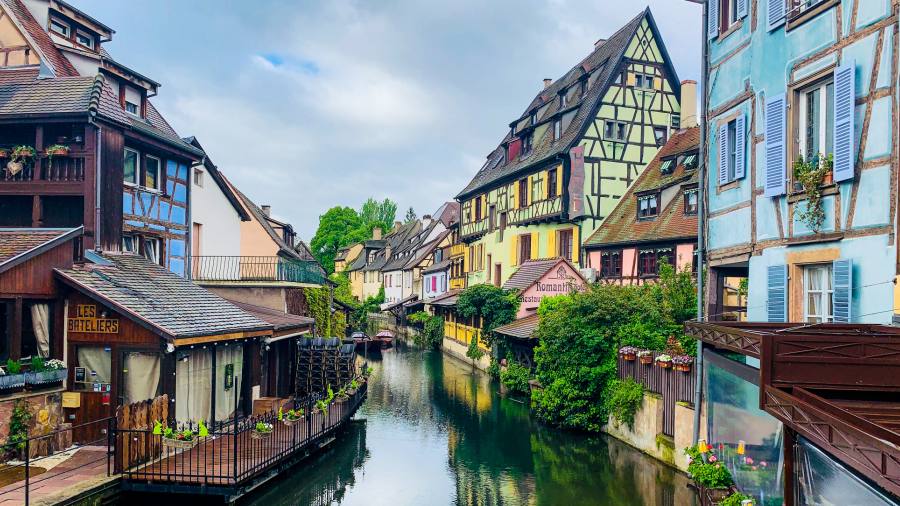
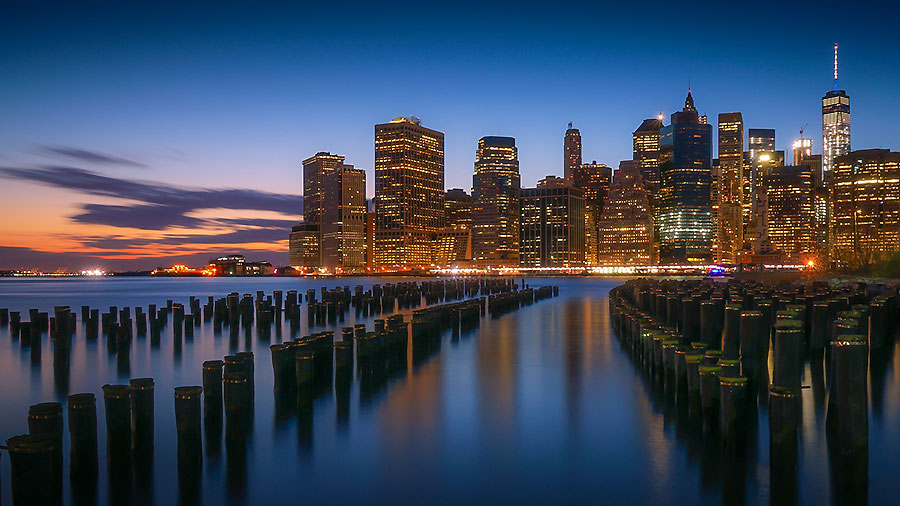
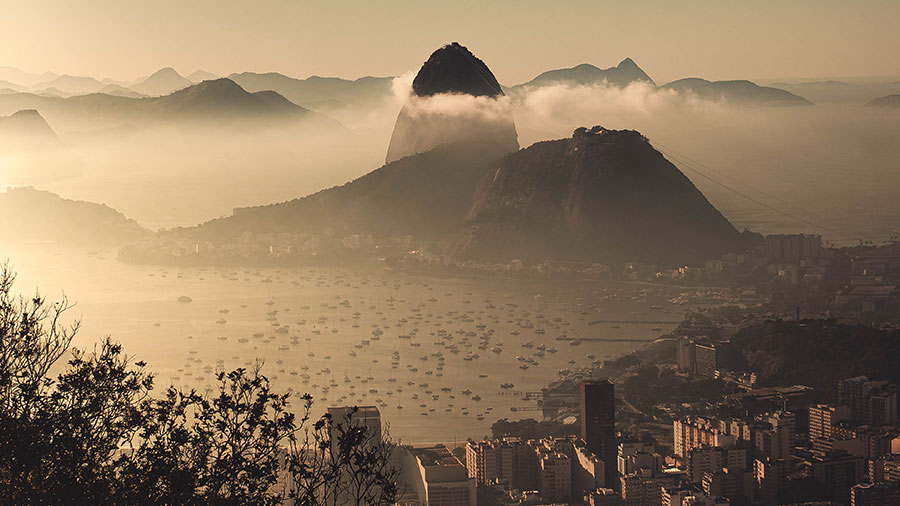
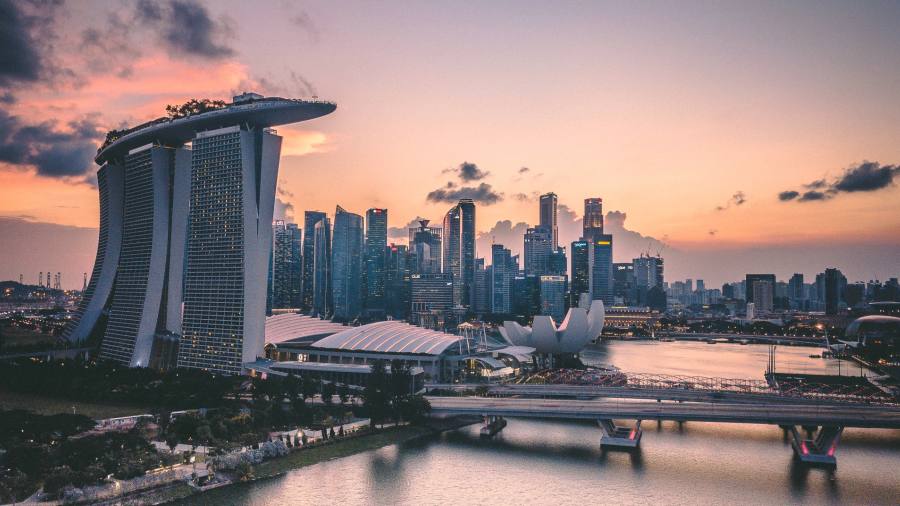
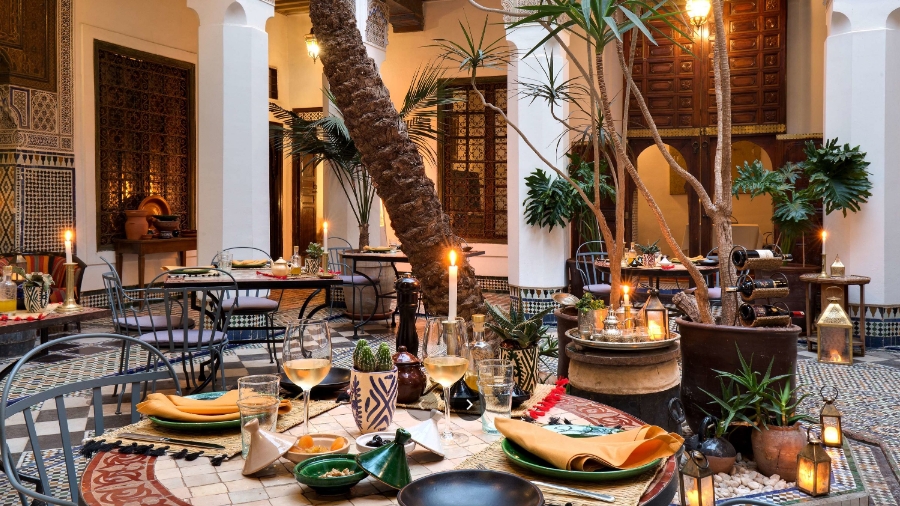
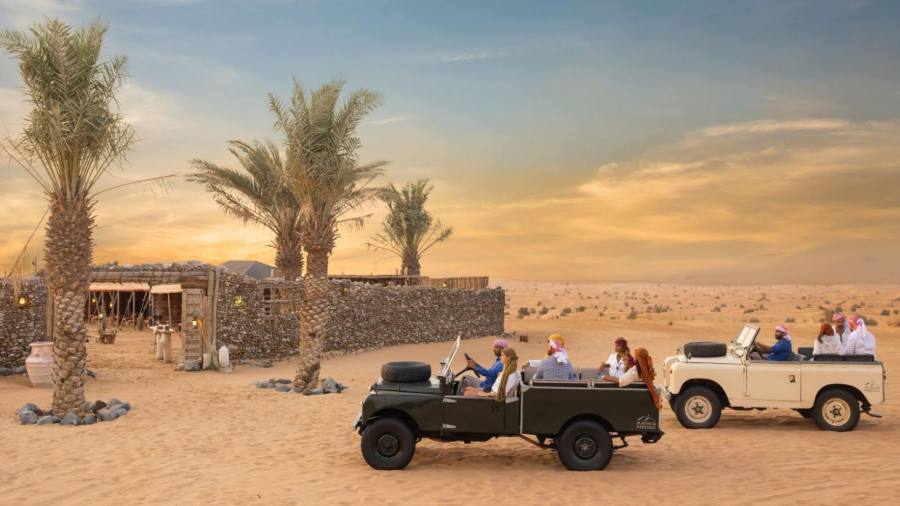
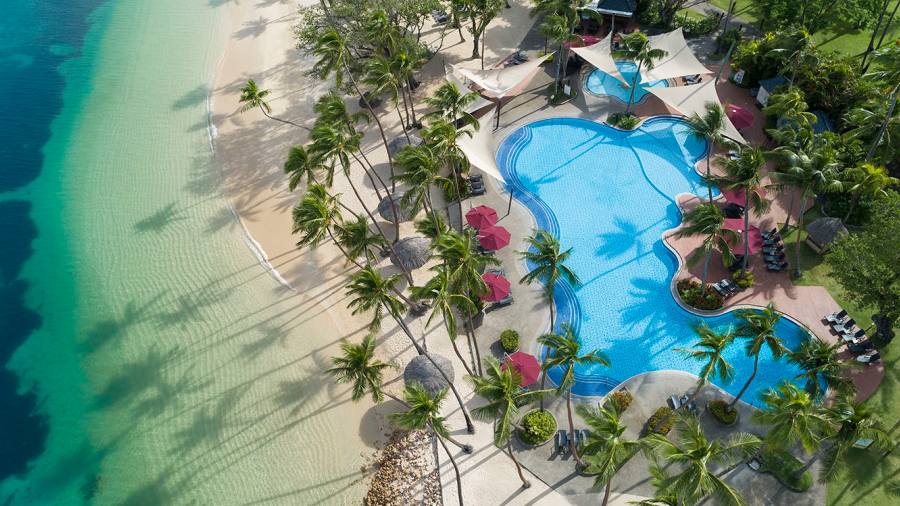
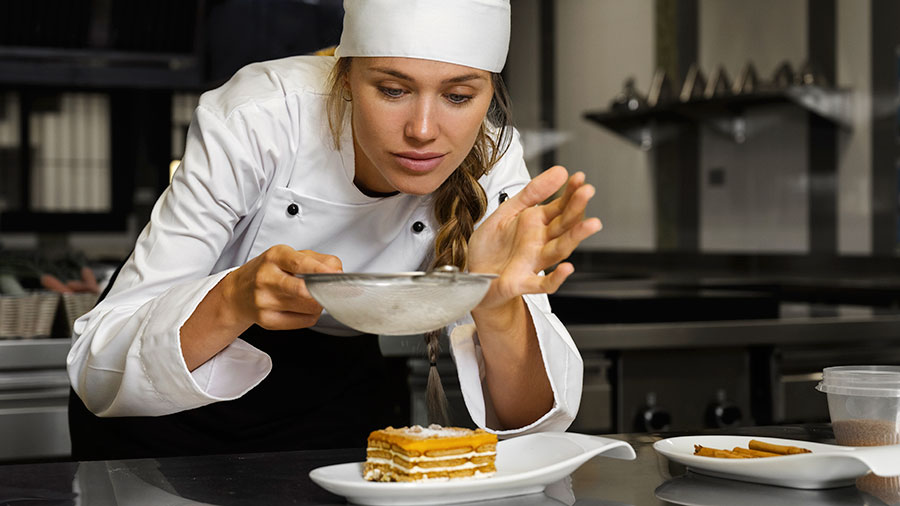

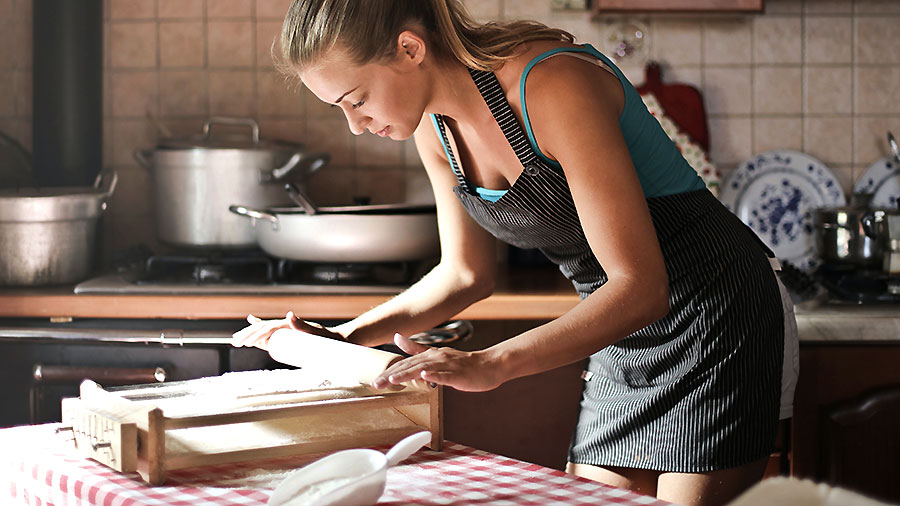
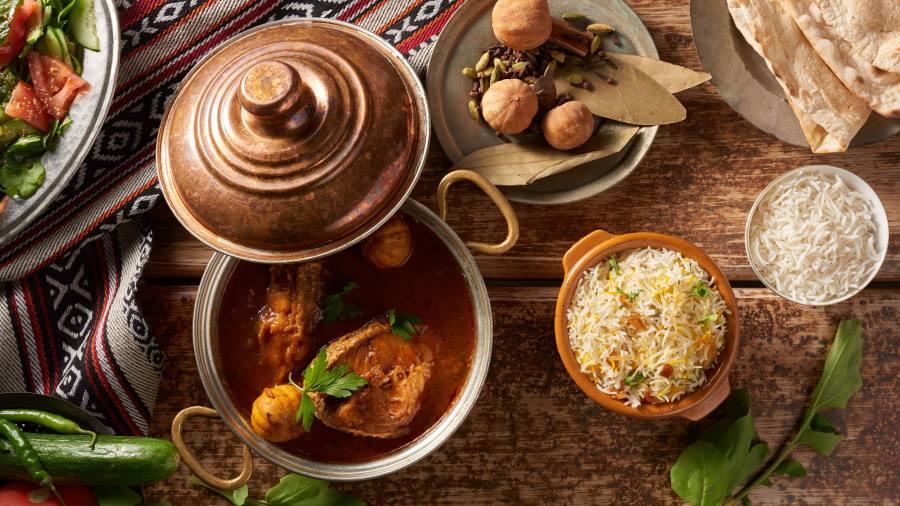
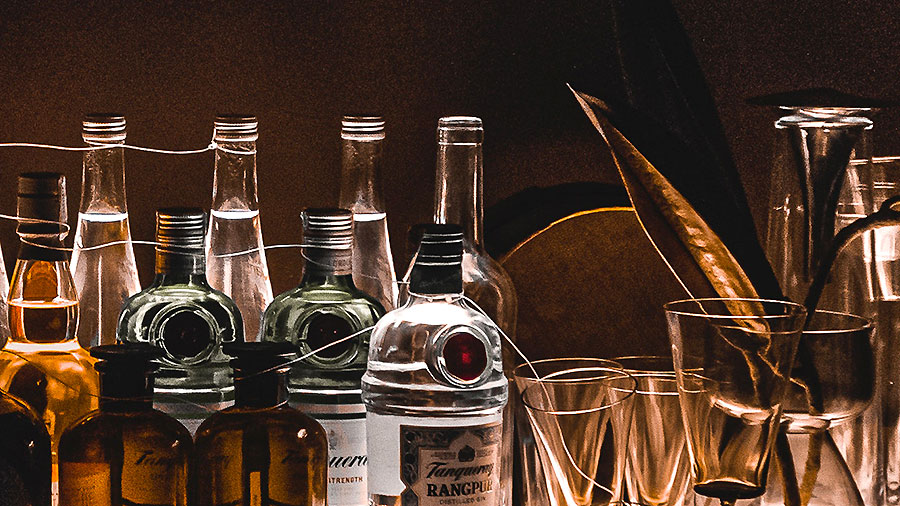
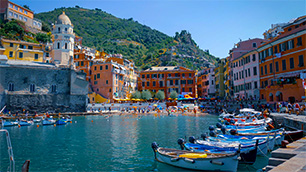 Gastronomy Cities
Gastronomy Cities
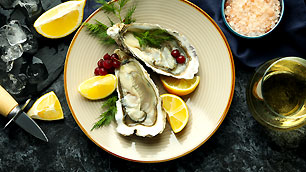 Amazing Food
Amazing Food
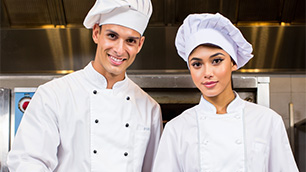 Chef's Talk
Chef's Talk